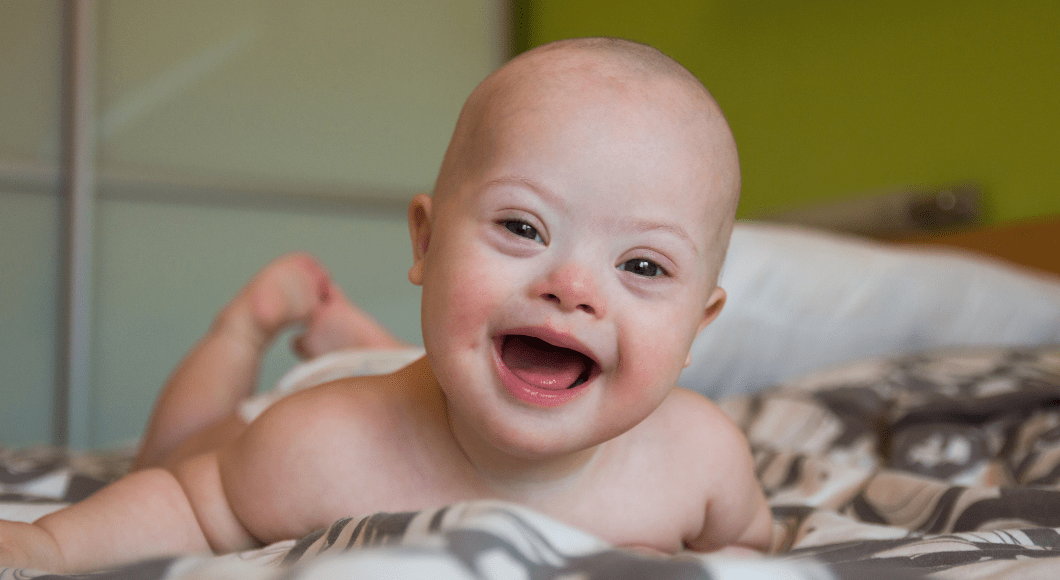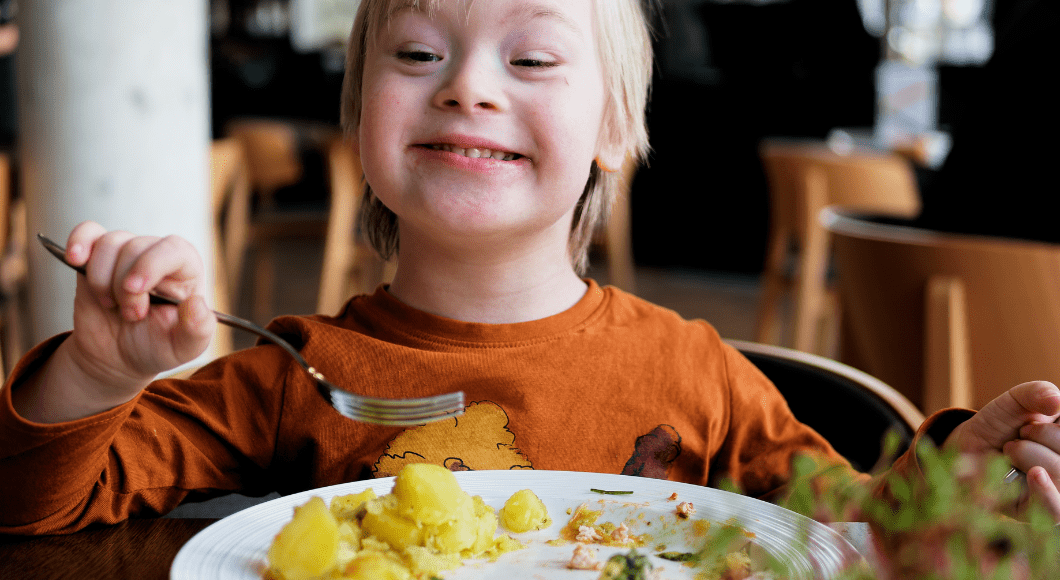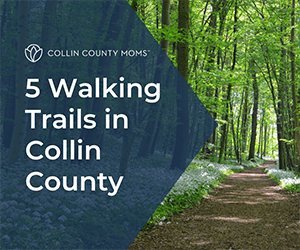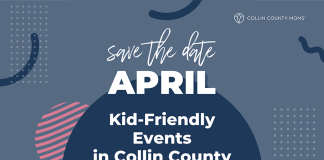 Before having a baby of my own, I honestly had not given much thought to Down syndrome.
Before having a baby of my own, I honestly had not given much thought to Down syndrome.
The congenital condition affects about one in every 700 children. Say what?! With more than 6,000 babies born with Down syndrome in the United States every year, it feels, frankly, irresponsible to stay uninformed.
No one purposely wants to say or do the wrong thing regarding a child with differences, however, it can be hard to know a better course of action without asking.
>> RELATED READ :: IEPs, 504s, & How to Advocate for Your Kid’s Learning Differences <<
1. Learn About Down Syndrome
What actually is Down syndrome?
For starters, it was discovered by English physician John Langdon Down. It is a condition in which a full or partial extra copy of the 21st chromosome is present at or before conception. During the growth of the embryo into a full-term infant, that extra chromosome is copied into every cell of the body, resulting in several developmental and characteristic differences.
The most noticeable differences are low muscle tone, short stature, upward slant of the eyes, and a flattened facial profile. But, just like any genetic characteristic, not every person with Down syndrome exhibits them all.
>> SIGN UP :: Get Collin County Moms News and Events in Your Inbox <<
2. Words Matter
The most appropriate and respectful way to describe a child with a genetic condition is as “neurodivergent” (“neurotypical” for a child without a genetic condition). There is no such thing as an “abnormal” or “irregular” child, and those labels only widen the gap between what society has perceived as “normal” and what thousands of kids and their families experience every day.
It should also go without saying that the use of the word “retarded” is outrageously derogatory and inappropriate. It suggests that children with Down syndrome (or anyone with a disability) are incompetent, which is wholly untrue.
>> RELATED READ :: The 5 Cs of Nurturing Your Kid’s Executive Functioning Skills <<
3. Make Space for Grief
Parents can mourn their own expectations of their child’s life in any context, so it is respectful to allow parents of children with Down syndrome to manage the news on their own time and in their own space.
An accurate reframing of expectations can go as follows: You are planning a trip to Italy. You pack for Italy. You read books on Italian tourist spots, and you learn some Italian. But when you get off the plane, you’re in Paraguay. Paraguay is not better or worse than Italy; it is just different. Having a child with Down syndrome is not better or worse. It is just different.

4. Don’t Treat Parents Like They Are Any Different
>> RECOMMENDED RESOURCE :: Activities for Kids with Differences and Disabilities in Collin County <<
5. Ask How Parents Are Feeling
This specific mental load is heavy, and most parents go through it quietly. With all the time spent in the NICU, in early surgeries, plus the constant physical, occupational, and speech therapies, it can feel never ending.
It goes a long way to ask a special needs parent, “How are you feeling?”
RELATED READ :: Coming in Clutch :: 10 Spots for Girls Night Out in Denton County <<
6. Don’t Compare
Milestones are something that Down syndrome parents have had to let go. The road of special needs parents is long, and that road has required them to gain perspective on what truly matters in the development of their child.
Comparison is inevitable, but it’s also something that special needs parents wade through on a daily basis. No matter how hard their kiddos work to reach a developmental milestone, they are still going to be behind the “typical” curve.
Being sensitive to that is key. We celebrate the differences and walk the path with those on that journey.
>> RELATED READ :: Secure Attachments in Relationships Mean Good Mental Health <<
7. Inclusion and Awareness Go a Long Way
Instead of waiting for a catalyst, you can do your own research.
Share social media posts, read blogs, donate time and money, volunteer, seek out and support businesses that cater to those with differences and disabilities. You can make more of a difference than you think!













